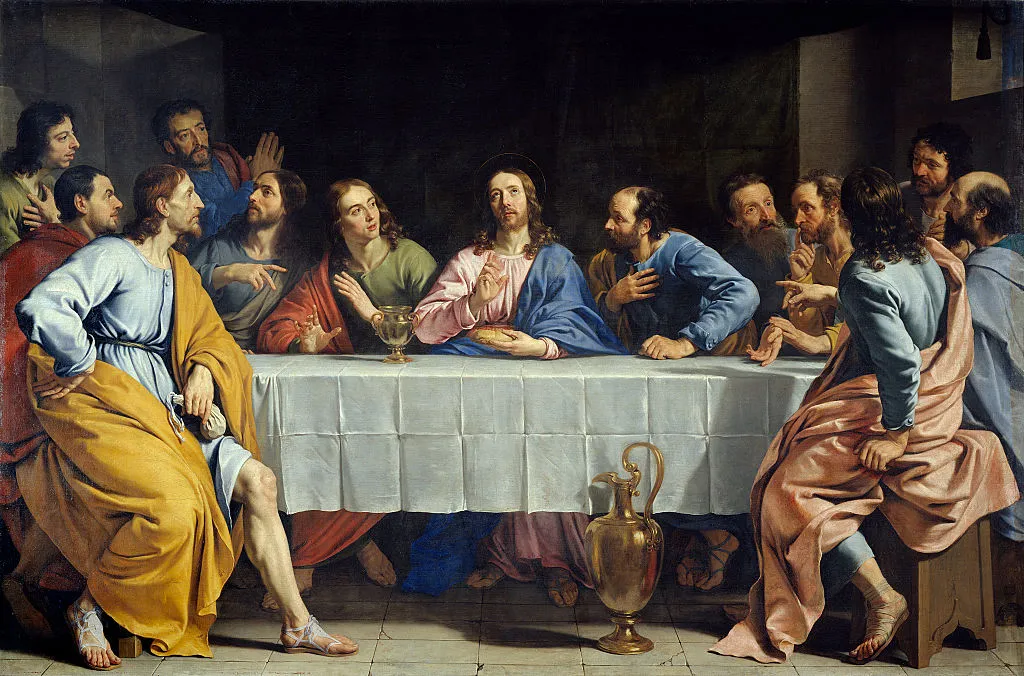Exploring Friday The 13th: Myths, Legends, and Modern-Day Celebrations

The Origins of Friday The 13th
Friday The 13th has long been considered an ominous day, a date that evokes fear and superstition. Many believe that the day combines two elements of bad luck: Friday, often associated with misfortune, and the number 13, widely regarded as unlucky.
Mythical Association with Misfortune
Throughout history, various cultures have linked Friday The 13th to misfortune. In Western traditions, notable events such as the Last Supper included thirteen participants, with Judas, the betrayer, being the thirteenth. As a result, many fear this day and the potential for calamity.
Modern Cultural Significance
- The day has inspired numerous films and literature, amplifying its presence in popular culture.
- Many people partake in activities surrounding Friday The 13th, from themed events to scary movie marathons.
Celebrating Friday The 13th
In recent years, Friday The 13th has evolved from merely being a day of fear to one of celebration for some. Halloween enthusiasts and horror film fans look forward to this day as an opportunity for fun and excitement.
This article was prepared using information from open sources in accordance with the principles of Ethical Policy. The editorial team is not responsible for absolute accuracy, as it relies on data from the sources referenced.